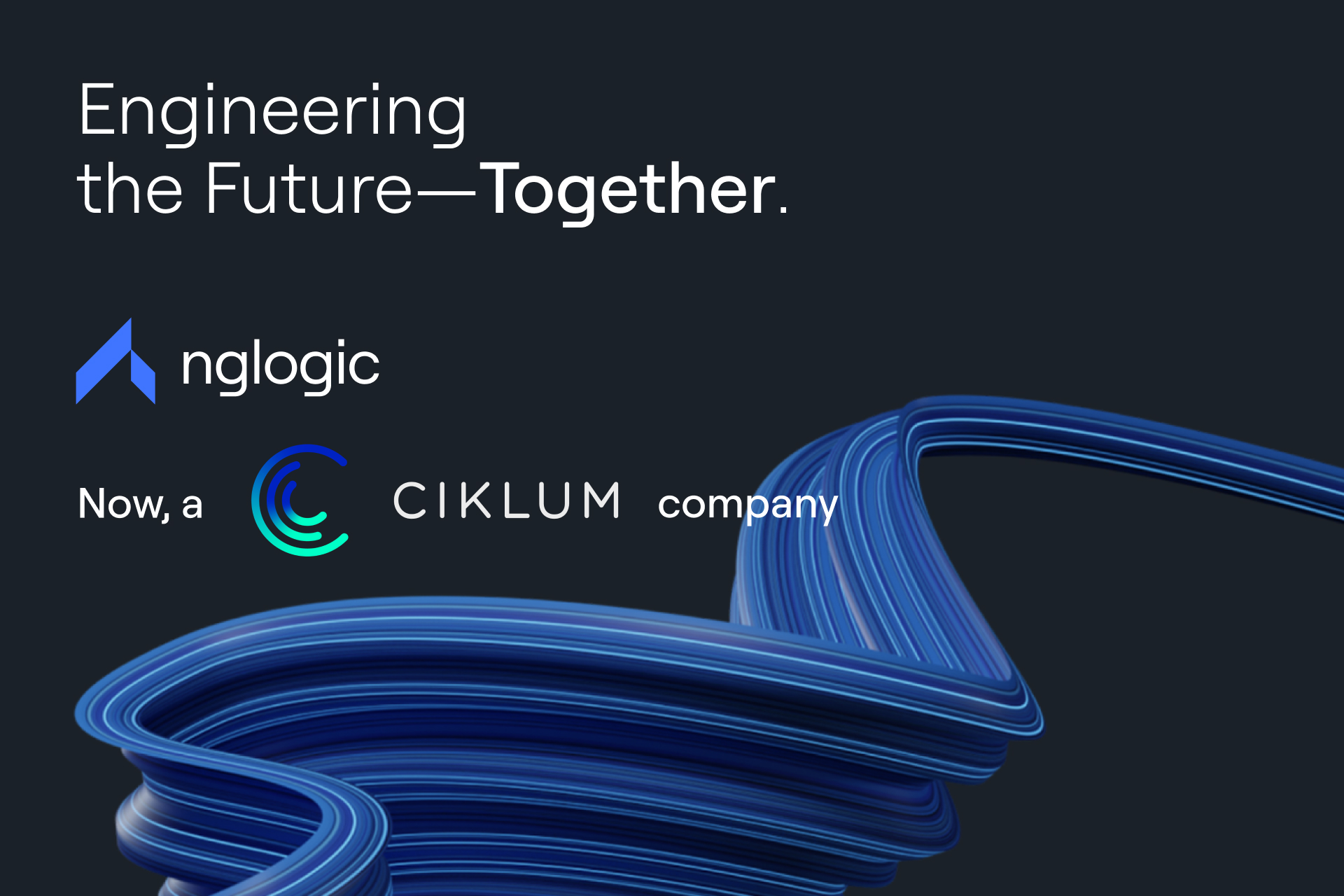In the ever-evolving landscape of project management, Agile methodologies like Scrum have become the cornerstone for many teams striving for adaptability and efficiency. While Scrum offers a comprehensive framework and great agile tools, it is the underlying values that truly breathe life into the process.
During The Sprint What Scrum Value Must The Team Demonstrate
Here we delve into the five core values of Scrum—courage, commitment, respect, focus, and openness—and explore how they play a pivotal role in fostering a successful Agile team.
Courage – The Catalyst for Innovation
At the heart of Scrum lies the value of courage, an attribute that propels teams towards innovation and continuous improvement. In the context of Scrum work, courage is about having the audacity to take risks, voice concerns, and embrace change.
A Scrum team that values courage is unafraid to challenge the status quo, offer constructive criticism, and experiment with new ideas. This fearlessness not only fuels creativity but also cultivates an environment where team members are empowered to speak their minds.
Commitment Is The Driving Force Behind Delivery
Commitment is the glue that binds the independent people of a Scrum team together, transforming individual efforts into collective achievements. In the Agile world, commitment is not just about meeting deadlines; it’s a pledge to the team’s shared goals and values.
Committed Scrum teams embody a strong work ethic, reliability, and a steadfast dedication to delivering value to the customer. Without commitment, the iterative nature of Scrum might falter, leading to incomplete sprints and compromised product increments.
Building Trust With Scrum Team Members Respect
Respect is the cornerstone of effective collaboration within a Scrum team. In a world where diverse skill sets and perspectives converge, mutual respect becomes the bridge that connects team members.
Respect in Scrum involves valuing each individual’s contributions, actively listening, and recognizing the unique strengths each team member brings to the table. A team that fosters respect not only builds trust but also creates an inclusive atmosphere where everyone feels heard and appreciated.
Focus, Or Channeling Energy To The Right Thing
In the fast-paced realm of Agile development, maintaining focus is a must for the entire scrum team. Focus is about directing energy and attention towards the most critical tasks and objectives.
A focused team in Scrum avoids distractions, hones in on sprint goals, and consistently delivers high-quality increments. Without focus, a Scrum team risks losing sight of priorities, leading to scope creep, missed deadlines, and compromised product quality.
Openness – A Gateway to Progress
Openness in Scrum is synonymous with transparency and a willingness to learn. A team that values openness actively shares information, welcomes feedback, and embraces a culture of continuous improvement.
This transparency allows for better decision-making, early identification of potential issues, and a more efficient resolution of impediments. An open team in Scrum encourages a culture of curiosity, where mistakes are viewed as learning opportunities rather than setbacks.
How The 5 Scrum Values Compare To Three Scrum Pillars
Scrum operates on a foundation of three pillars and five values, each contributing uniquely to the Agile methodology. The pillars—Transparency, Inspection, and Adaptation—form the bedrock of Scrum by promoting open communication, regular evaluation of work, and the ability to adjust course promptly.
Three Pillars In A Nutshell
Transparency ensures shared information for trust and collaboration, while Inspection allows for continuous assessment of progress. Adaptation embodies the flexibility to pivot based on insights gained through inspection.
Do They Have Anything In Common?
On the other hand, the 5 Scrum values directly influence the team’s behavior and mindset. While the pillars set the framework’s structural principles, the values guide the team’s approach to collaboration, risk-taking, goal dedication, mutual respect, task prioritization, and transparent communication.
Together, the pillars and values create a robust Scrum framework that not only manages projects efficiently but also shapes a team culture that thrives on collaboration, adaptability, and improvement.
Introducing Five Scrum Values To Your Scrum Team
As a Scrum Master, introducing these five essential Scrum values requires a thoughtful and strategic approach.
Start With A Supporting Environment
Firstly, create an open and safe space for team members to express their ideas and concerns, fostering a culture of courage. Encourage risk-taking and experimentation, emphasizing that failures are stepping stones to success.
Establish a shared vision and set achievable goals to instill commitment among not only team members but also other stakeholders, reinforcing the understanding that their individual efforts contribute to the collective success of the team.
Scrum Depends On Future Refinement
Facilitate team-building activities that promote mutual understanding and appreciation, laying the foundation for a respectful atmosphere. Emphasize the significance of focus by setting clear priorities, removing potential distractions, and maintaining a steady rhythm of daily work.
Lastly, cultivate openness by promoting transparent communication, welcoming feedback, and consistently reflecting on the team’s processes to drive the best possible progress.
As a Scrum Master, lead by example, embody these values, and guide your team through a collaborative journey towards Agile excellence.
Assessing Your Team’s Scrum Values – A Brief Guide
As you embark on your Scrum journey, it’s essential to periodically assess whether your team is embodying the core values. Here’s a guide to help you gauge the adequacy of each value within your team:
Assessing courage involves gauging whether team members feel empowered to express dissenting opinions and if there exists a culture that views failure as a catalyst for improvement.
When it comes to commitment, scrutinize whether the Scrum team consistently meets their commitments and sprint goals, and check if there is a collective understanding of the sprint goal and the broader project vision and goals.
Respect is reflected in how well diverse perspectives are valued and if there’s a palpable sense of inclusivity within the team. Additionally, evaluating how effectively conflicts are resolved and whether a culture of constructive feedback prevails offers insights into the team’s respect for each other.
Assessing a primary focus entails examining the team’s ability to consistently deliver high-quality increments within specified time frames, emphasizing the importance of effective task prioritization and avoidance of unnecessary distractions.
Lastly, for openness, observe if information is readily available to all team members, fostering transparency, and assess how the team responds to feedback, unveiling their commitment to a continuous improvement mindset.
This will help to show that these values are not just abstract principles but actionable tools that can transform your team’s dynamics.
Scrum Value Retrospective
Conducting a Scrum value retrospective is a crucial aspect of fostering continuous improvement within a Scrum team. This reflective practice allows the team to collectively examine how well they have embodied the core values over a defined period.
During a sprint retrospective, team members openly discuss their experiences, sharing insights into instances where these values were either successfully embraced or may have faced challenges. It serves as a forum for open dialogue, encouraging team members to provide constructive feedback and collaboratively explore ways to enhance their commitment to the values.
Benefits Of Scrum Values Retrospective
Such exercises not only strengthen team cohesion but also propel the team towards achieving a culture of continuous learning and refinement, ensuring that the Scrum values remain at the forefront of their Agile journey.
Scrum Teams And Their Work Values – Summary
In the dynamic world of Agile development, these five Scrum values serve as the bedrock for high-performing teams. As you navigate the intricate path of Scrum, remember that these values are no mere abstract concepts but actionable principles that can transform your team’s dynamics.
By embracing courage, commitment, respect, focus, and openness, your Scrum team can transcend the ordinary and achieve the extraordinary. So, foster these values within your team, and watch as your Agile endeavors reach new heights of success.













 +1 (888)
413 3806
+1 (888)
413 3806